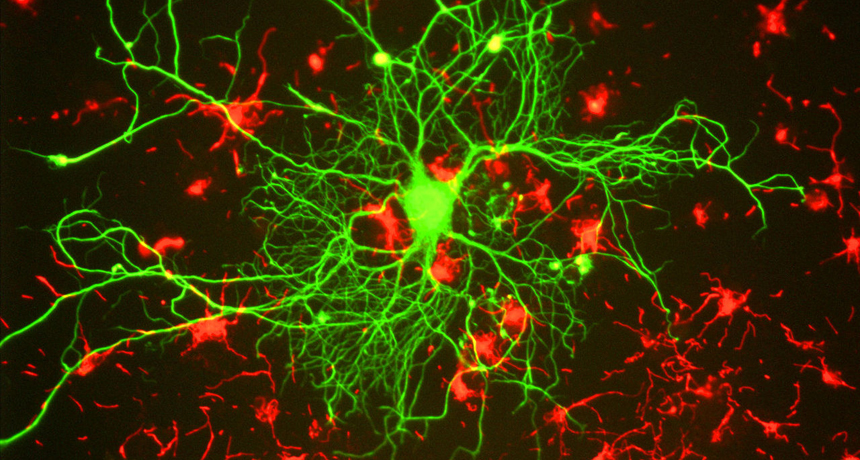According to findings published in PNAS, researchers have identified novel signaling mechanisms employed by endocannabinoids to modulate a subset of neurons in response to stress.
The study, conducted by Sachin Patel, enhances our understanding of how stress and anxiety influence motivation and may shed light on the mechanisms underlying the rewarding effects of cannabis.
In the current study, researchers examined a subset of neurons in the nucleus accumbens, a part of the ventral striatum that is essential for modulating motivation, action, and reward.
As a genetic marker, this subset of neurons contains the neuropeptide somatostatin. Little is known about somatostatin neurons, but previous work suggests they help orchestrate reward effects from certain medications and may also reduce anxiety, according to Patel.
Endogenous cannabinoids (endocannabinoids) are neurotransmitters that bind to cannabinoid receptors located throughout the nervous system and modulate synaptic transmission in the nucleus accumbens and numerous other regions of the brain.
Using electrophysiology to monitor neuronal activity in mouse brain slices, the researchers discovered that when cannabinoid receptors were activated, somatostatin neurons became more active. Activation of these cannabinoid receptors enhanced singling from the hippocampus, thereby increasing the activity of somatostatin neurons.
The researchers also discovered that stress exposure activates somatostain neurons within the nucleus accumbens and produces long-lasting increases in the excitability of these cells, mimicking the two-pronged mechanisms employed by cannabinoids.
The researchers then demonstrated that these effects of stress were indeed mediated by the release of endogenous cannabinoids, shedding new light on the mechanisms by which stress exposure can induce persistent effects on motivation and anxiety.


